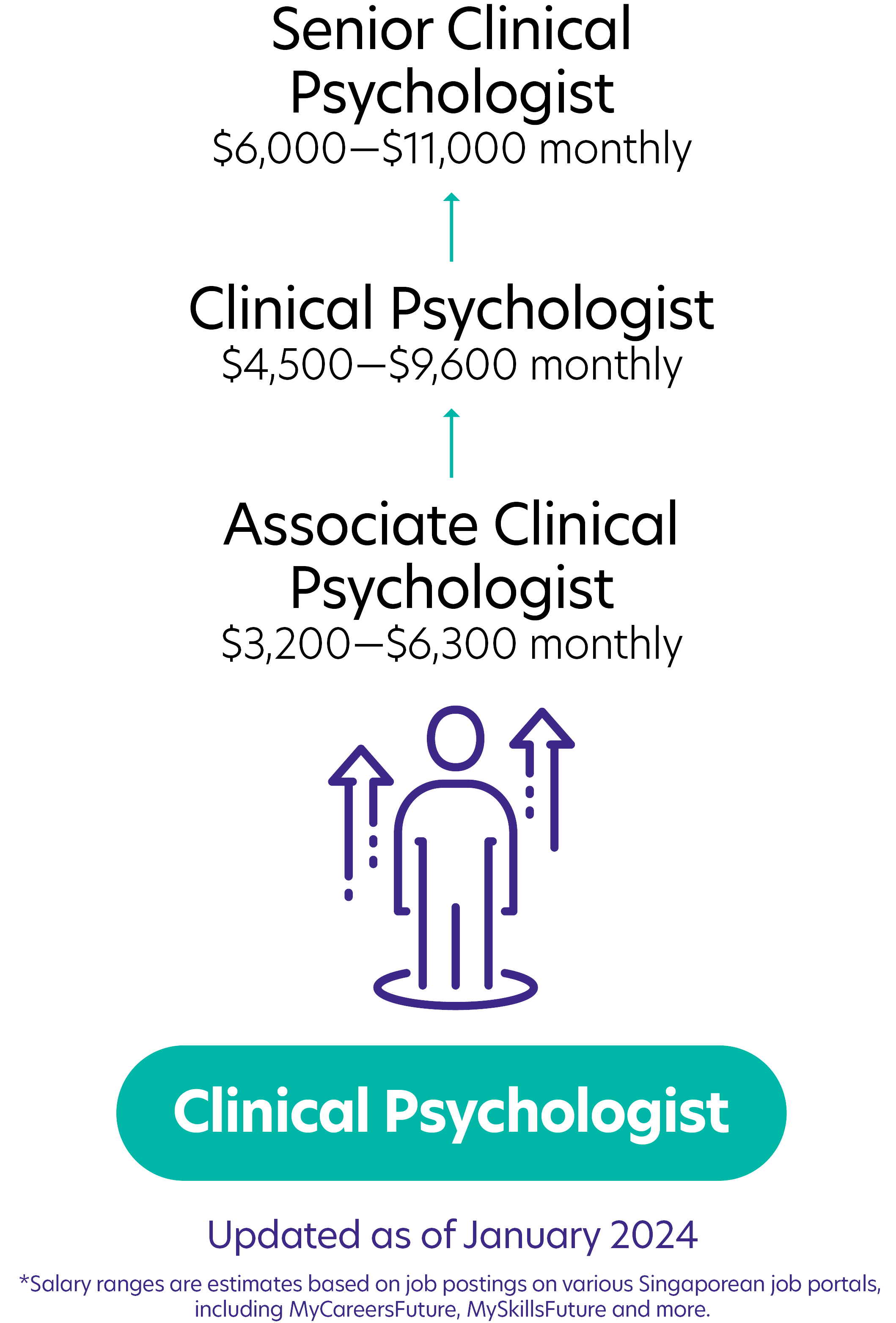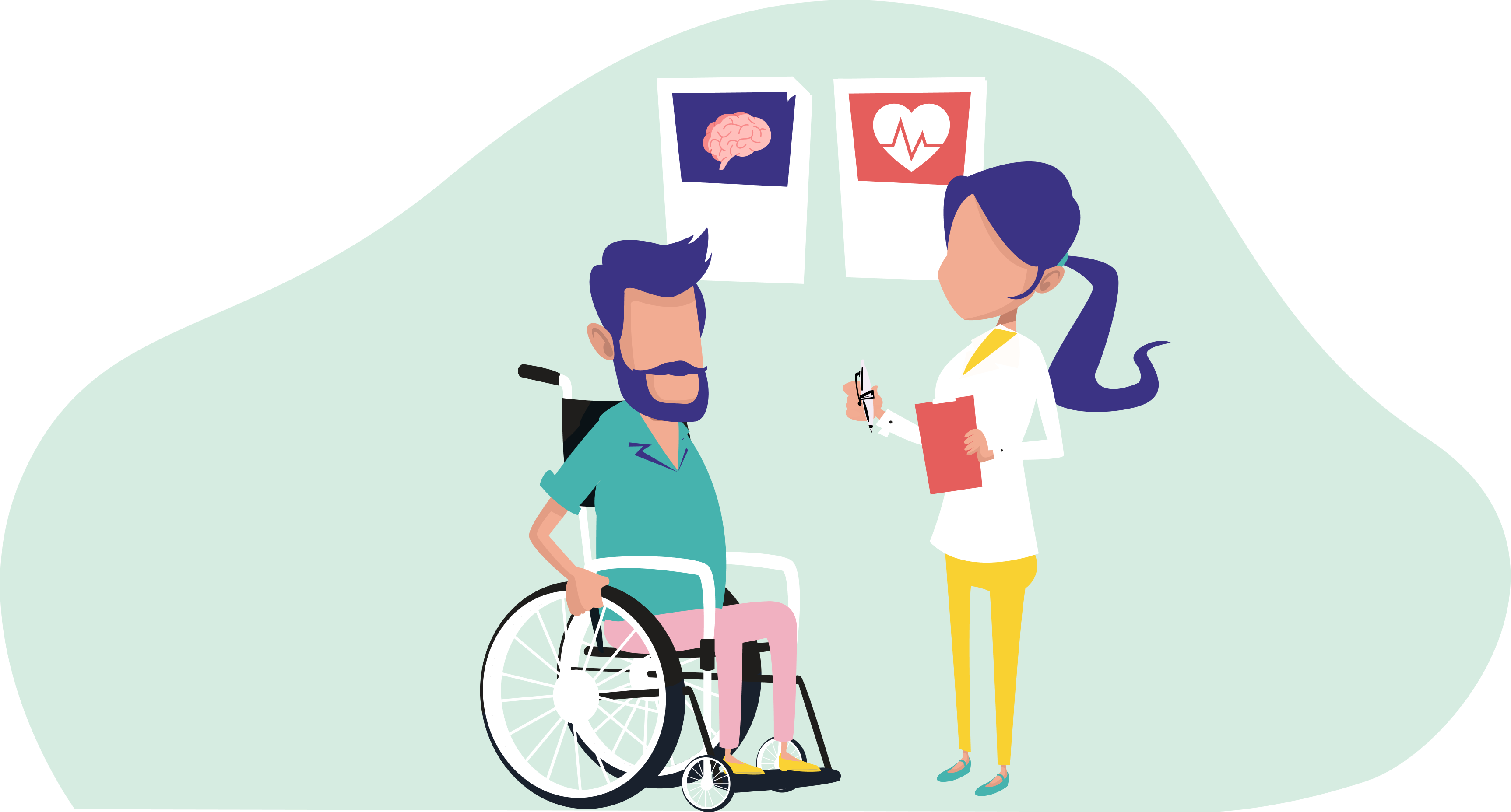
Clinical Psychologists treat patients who suffer from mental illness through counselling and psychotherapy.
Clinical Psychologist Job Description
- Conduct psychological assessments and interpret results.
- Formulate personalised intervention, treatment, and management plans for the patient.
- Assess the client's condition, risk, and social needs during the intervention.
- Plan and execute psycho-educational programmes and training.
- Perform data collection and analysis to support research in psychological interventions.
Note
Psychologists can't read people’s minds. They make inferences based on small cues (e.g. body language) for insight into people's mental state.
What you should know about Clinical Psychologist jobs in Singapore
Nature of work
You will specialise in diagnosing and treating mental, emotional, and behavioural disorders, often using a variety of psychotherapy techniques.Key Advice
Self-care is important. Learn to take care of your own emotional and mental health to help others.-
Entry RequirementsEntry Requirements
- A bachelor’s degree or master's in Clinical Psychology is required. It will take around 6 years to complete the studies.
-
Possible PathwayPossible Pathway

Skills you need to pursue a Clinical Psychologist career in Singapore
Professional Consultation
Expertise in professional psychological consultations, assessing mental health and offering guidance.Psychological Assessment
Proficiency in psychological assessments using standard techniques to diagnose mental health conditions.Psychological Intervention
Skilled in planning and applying therapeutic interventions to address various psychological issues.Communication
Excellent communication skills for effective discussions on complex issues and treatment plans with clients.Collaboration
Ability to collaborate with other healthcare professionals, contributing to holistic care and treatment planning.Problem-Solving
Strong problem-solving abilities to develop tailored treatment plans and adapt therapeutic strategies.Related Job Roles
Explore Other Programmes
Browse AllYou have bookmarked your first item!
Find it in My Discoveries with insights on your interests!



